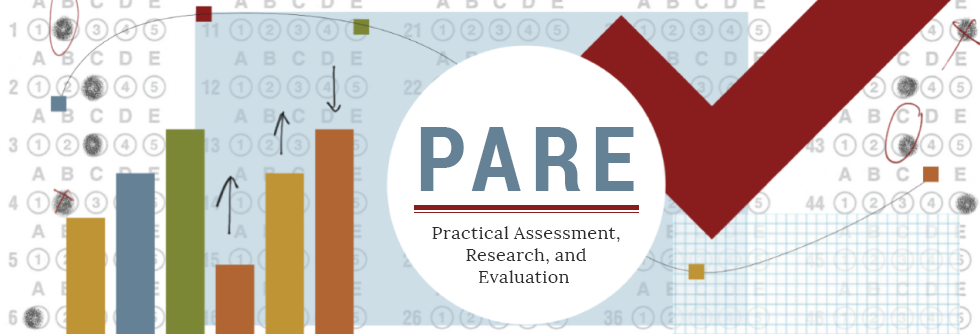Classroom Assessment in Web-Based Instructional Environment: Instructors’ Experience
- Xin Liang
- Kim Creasy
Abstract
While a great deal has been written on the advantage and benefits of online teaching, little is known on how assessment is implemented in online classrooms to monitor and inform performance and progress. The purpose of this study is to investigate the dynamics of WebCT classroom assessment by analyzing the perceptions and experience of the instructors. Grounded theory method was employed to generate a “process theory”. The study included 10 faculties who taught WebCT classes, and 216 students in the College of Education in an urban university in the Mid west. Interviews and classroom observations were undertaken on line. The findings indicated that, performance-based assessment, writing skills, interactive assessment and learner autonomy were major assessment aspects to inform teaching and enhance learning. If one of the major roles of online instruction is to increase self-directed learning, as part of the pedagogical mechanism, web-based classroom assessment should be designed and practiced to impact learner autonomy. Accessed 80,418 times on https://pareonline.net from March 02, 2004 to December 31, 2019. For downloads from January 1, 2020 forward, please click on the PlumX Metrics link to the right.
Keywords: Web Based Instruction, Formative Assessment, Performance Assessment, Grounded theory
How to Cite:
Liang, X. & Creasy, K., (2004) “Classroom Assessment in Web-Based Instructional Environment: Instructors’ Experience”, Practical Assessment, Research, and Evaluation 9(1): 7. doi: https://doi.org/10.7275/84mr-wp41
Downloads:
Download PDF
View PDF
704 Views
145 Downloads
